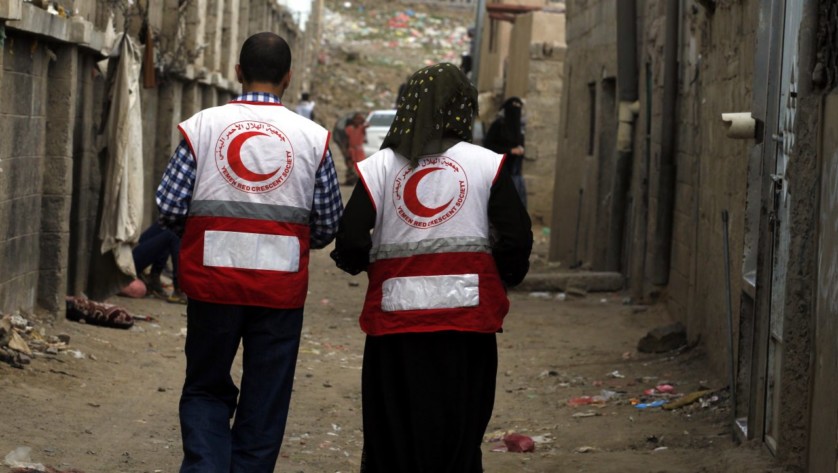While many people in the communities torn by conflict and Ebola know and trust the Red Cross, due to its long-time presence providing a wide range of services, many others distrust anyone associated with the Ebola response. At the same time, a host of common rumours and beliefs have taken hold in many communities: Ebola is a scam invented by international non-governmental organizations to make money. The disease is the result of witchcraft. The Ebola vaccine contains poison. Health workers steal organs from the dead. Ebola isn’t even real, it’s just fake news.
This distrust has potentially fatal consequences. Some communities have rejected the help of volunteers who have come to bury deceased people — who remain highly infectious just after death — in a safe and dignified manner. Suspicion of aid workers has at times led to verbal abuse, threatening gestures, even violence against Red Cross workers.
Why such a level of distrust? In North Kivu, Ebola has taken hold where health and education systems are either weak or non-existent and where people have suffered horribly due to relentless violence without much notice from the outside world. Suddenly, at the arrival of Ebola, hundreds of international aid workers show up, filling the hotels and driving four-wheel-drive jeeps.
“People are asking ‘Why are all these people here?’,” says Eloisa Miranda, who coordinated the ICRC’s ground operations in North Kivu until February 2019. “And, ‘Why from one day to the next did everybody become interested in us when before this, there was no one — despite the fact that we had enormous needs?’.”
At the same time, the response to Ebola can be incredibly scary. When someone is reported to have died from Ebola, family members are visited by safe and dignified burial teams made up of people covered head to toe in protective clothing. “You are coming into someone’s home dressed in something that looks like a space suit — it is a very emotional thing,” says Jamie LeSueur, who served as IFRC’s head of Ebola response operation in the DRC for much of 2019.
As part of their work, the teams must disinfect the corpse, then put the deceased in a body bag and bury the body. This work is absolutely critical in the effort to stop Ebola, but if not done with sensitivity, people may reject it entirely. LeSueur says great pains are being taken to gain people’s acceptance by allowing family or even community involvement and observation.
“We don’t go into a community and take a body,” he says. “We work with a community to make sure that they understand why we are there, what we are doing, why our teams are dressed that way and why we are doing this with the body of their loved one.”
 Red Cross Red Crescent magazine
Red Cross Red Crescent magazine 
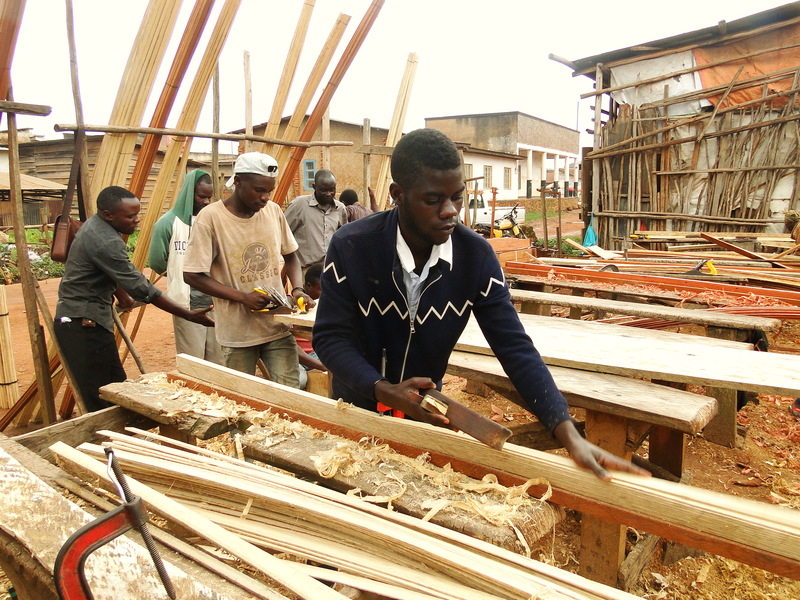

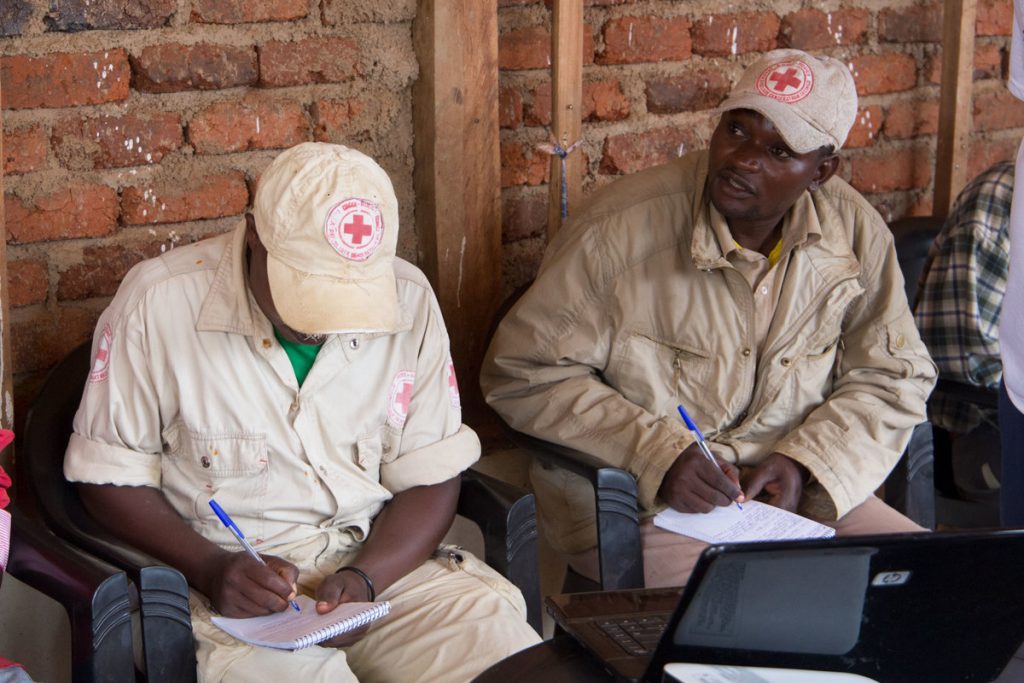
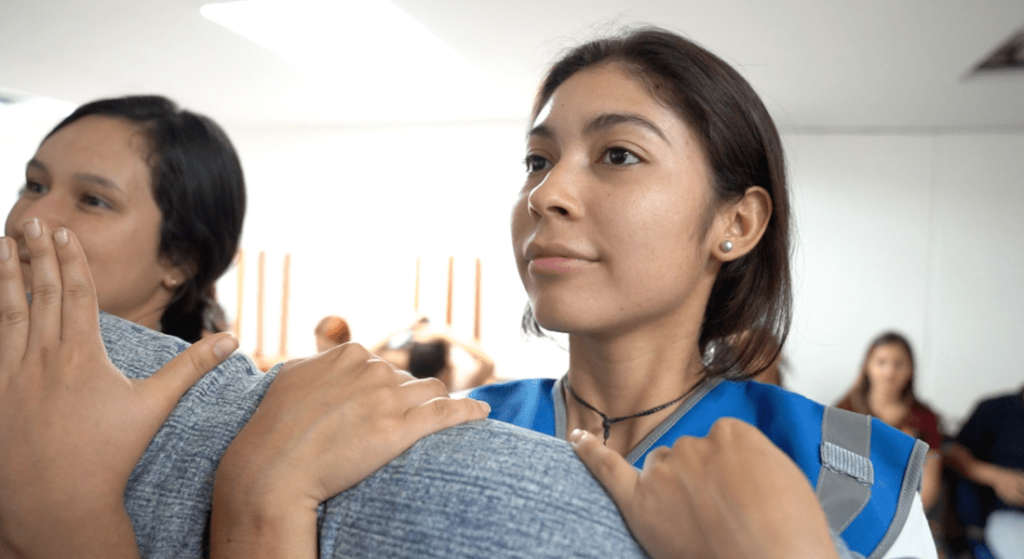
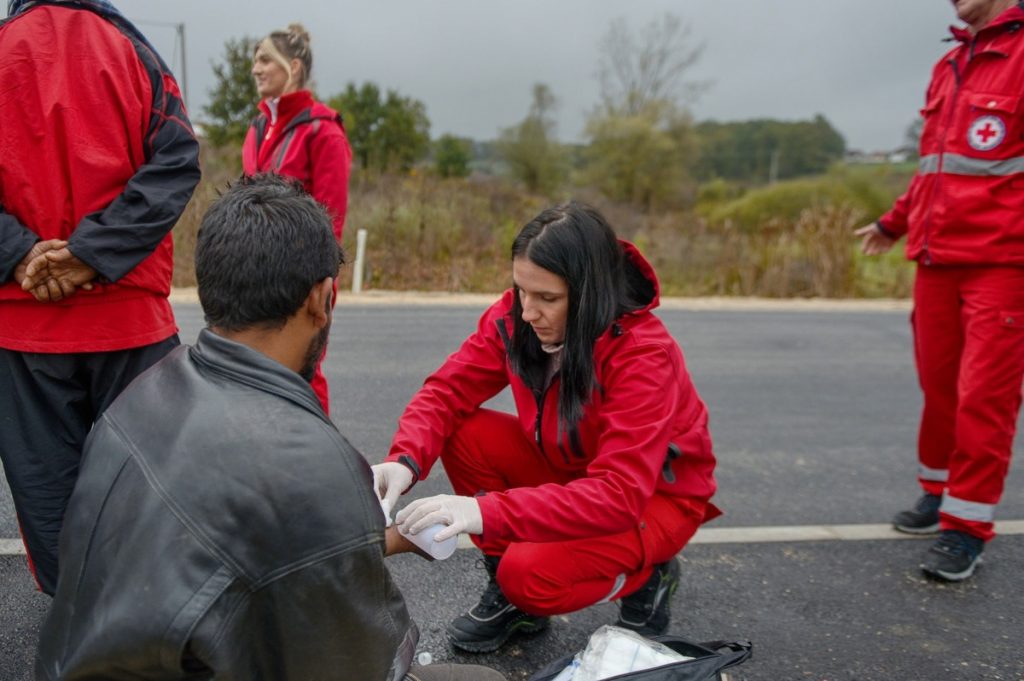
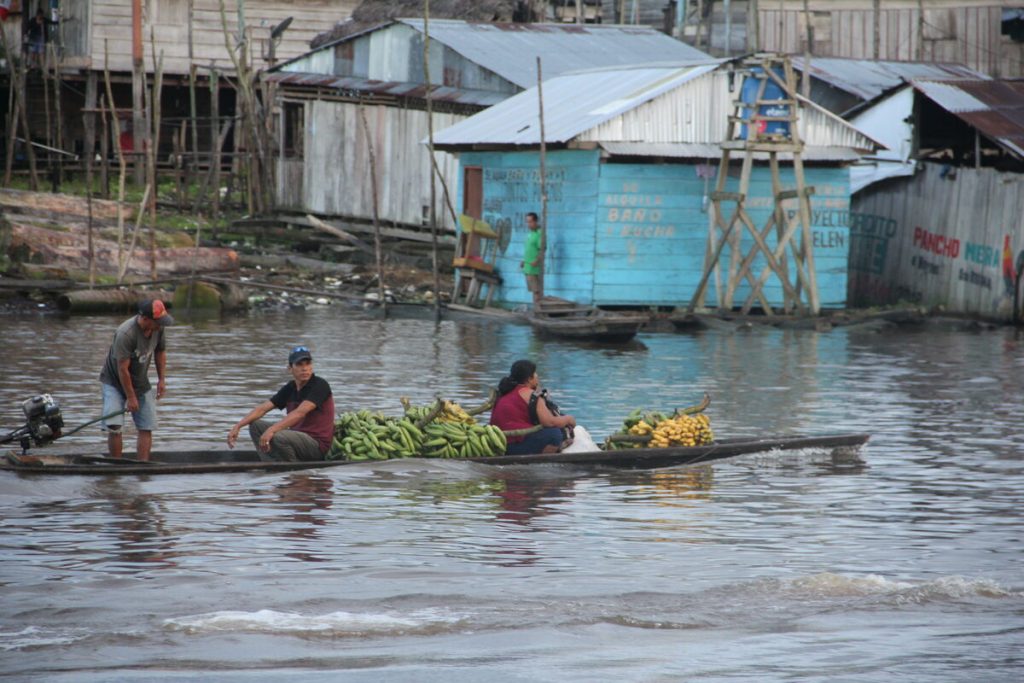






 Tech & Innovation
Tech & Innovation Climate Change
Climate Change Volunteers
Volunteers Health
Health Migration
Migration